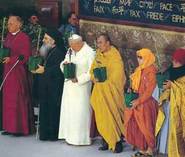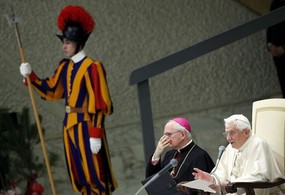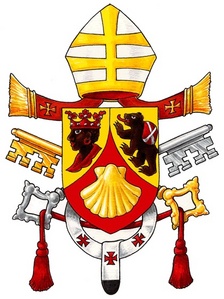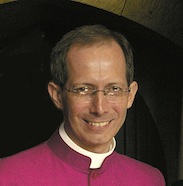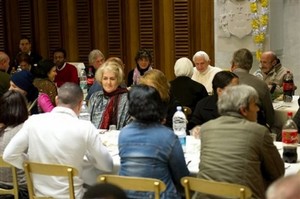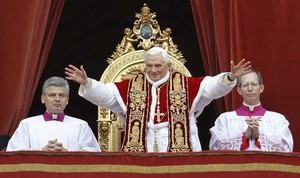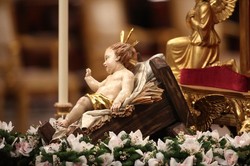Jesuit Father
Federico Lombardi, Director of the Holy See Press Office, responded to what I
believe is unfair, even bigoted criticism of Pope Benedict by Imam Ahmed al-Tayeb of Egypt
following the January 1st bombing of a Coptic Orthodox church. 21 dead and
nearly a 100 wounded. Clear it is to me, the Muslim world rarely pays close attention to what the Catholic Church believes and what the Pope says.
Ahmed al-Tayeb, current current Imam of al-Azhar Mosque,
condemned the bombing. The imam paid a visit to the head of the Coptic Orthodox
Church, Pope Shenouda III to offer condolences. But his good will toward the
Christians however, also include a strident criticism Pope Benedict who asked civil
authorities to protect Christians. In Al-Tayeb’s mind the Pope’s request was an
“unacceptable interference in Egypt’s affairs.” Further, said al-Tayeb, “I
disagree with the Pope’s view, and I ask why did the Pope not call for the
protection of Muslims when they were subjected to killings in Iraq?”
Continue reading Ahmed al-Tayeb criticizes Benedict for interfering in Egypt; AND a response given
